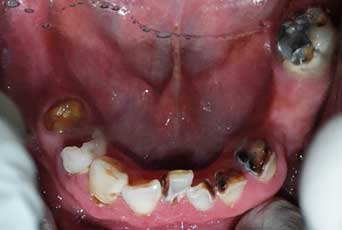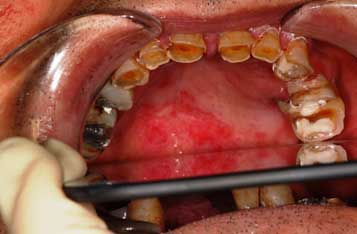Introduction
At your first dental visit, you will be asked to provide information regarding your medical history. The medical history should include past and present medical conditions, any hospitalization or surgery, known case of allergies (such as drug allergy, latex allergy or seafood allergy) and medications.
You might question the reason as to why it is crucial to notify your medical problems to the attending dentist or dental provider. This is necessary because your medical problem can potentially have unwanted impacts either directly or indirectly on the oral health status. The information that you provide is beneficial for the professional to formulate treatment plans suitable for patients with such medical problems.
It is also necessary to inform your dentist about all the medications that you are currently taking. This is because some medications may present with side-effects. It would be good to keep a list of medications you are on in your purse or wallet for convenience.
Sometimes, dental treatment need to be modified based on the individuals’ needs and medical history.
|
MEDICAL PROBLEM
|
IMPACT ON DENTAL TREATMENT
|
||
|---|---|---|---|
| Hypertension |
|
||
| Diabetes |
|
||
| Heart Problems |
|
||
| Bleeding disorders |
|
||
| Hepatitis |
|
||
| HIV/AIDS |
|
||
| Steroid based medication (e.g.: Prednisolone) |
|
||
| Bisphosphonate medication [e.g: Alendronate(Fosamax) or Zoledronic Acid (Zometa) } |
|
||
| Allergic to medications (especially to antibiotics and painkillers) |
|

Figure 2: Severe caries caused by dry mouth.
References
- M.Greenwood & J.G.Meechan. General medicine and surgery for dental practitioners Part: Cardiovascular system. Br Dent J 2003; 194: 537-542
- Scully C, Dios P.D, Kumar N. (2006). Special Care in Dentistry: Handbook of Oral HealthCare. Churchill Livingstone.
| Last Reviewed | : | 10 June 2014 |
| Writer | : | Dr. Norjehan bt. Yahaya |
| Accreditor / Reviewer | : | Dr. Siti Zaleha bt. Hamzah |








